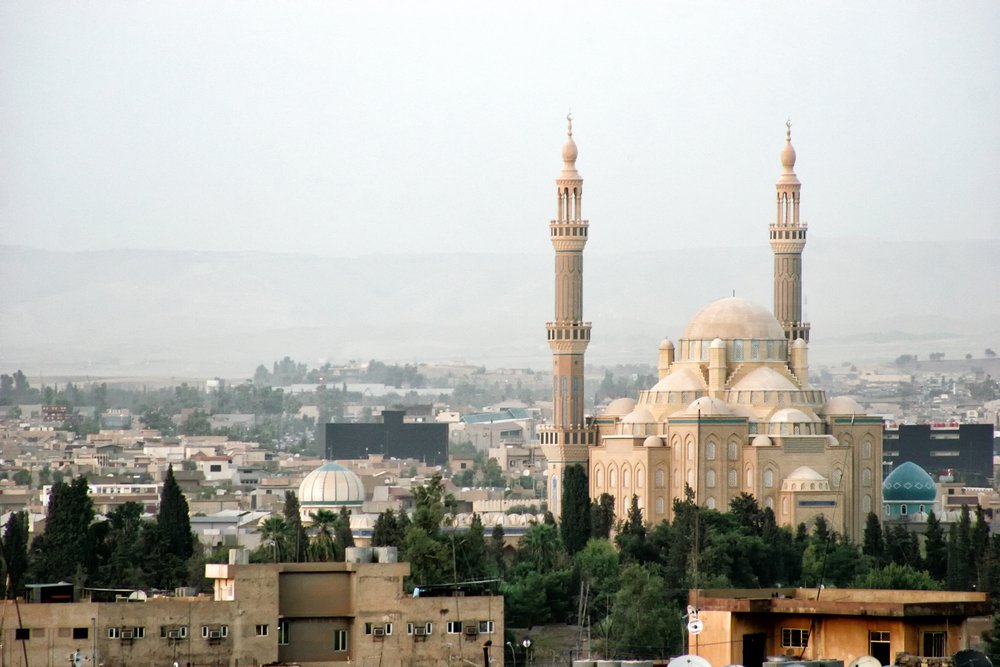Application of foreign experience for improvement of land relations in agriculture of Ukraine
The main peculiarities of land relations abroad are highlighted in the article. Basic principles of foreign experience of land use regarding market circulation of land, concentration of major land resources by right of ownership as well as the process and ways of reformation of land relations are generalized and systematized. Some peculiarities of lease relations, collection of rents and restrictions on title to land for foreigners are analysed. Some positive aspects are distinguished in order to use them in Ukraine.






